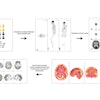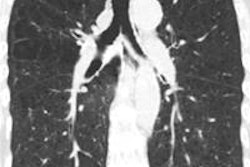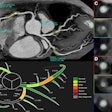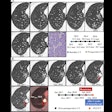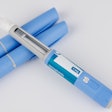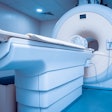Dear AuntMinnie Member,
Does decision support for advanced medical imaging exams really cut down on inappropriate utilization? A new study based on the results of a Medicare demonstration project is questioning the validity of that assumption.
Decision support has been touted as a solution to inappropriate utilization that's less cumbersome than tools such as radiology benefits managers. Decision support can be integrated via software into the healthcare workflow and provide guidance to referring physicians when they are ordering imaging exams, the story goes.
But a two-year Medicare demonstration project designed to test the effectiveness of decision support produced lackluster results, according to researchers who performed the analysis. While the number of requests for inappropriate exams fell, in the end they did not see an impact on overall utilization rates.
Read more about the article by clicking here, or visit our Imaging Informatics Community at informatics.auntminnie.com.
CT screening and nonsolid nodules
How aggressively should nonsolid nodules detected on CT lung screening exams be followed up? Maybe not too aggressively, according to a new analysis of individuals followed long-term in a lung cancer screening program.
Researchers from the International Early Lung Cancer Action Program (I-ELCAP) led by Dr. Claudia Henschke, PhD, reviewed data on some 57,000 people who were scanned in the program.
Nonsolid nodules evolved into very few cancers, they found, and even when they did, the process was slow. The I-ELCAP team recommended that nonsolid nodules be followed up at 12-month intervals, rather than using short-term follow-up or biopsy.
The research is sure to give clinicians more guidance in how to follow up suspicious findings as CT lung cancer screening begins in earnest next year. Read more by clicking here, or visit the CT Community at ct.auntminnie.com.



